To mark the five hundred year anniversary of Thomas More’s formative work, the theme of the 8th LSE Space for Thought Literary Festival 2016 was ‘Utopia’ with a series of free exciting events held at LSE exploring questions of the imagination, dreams, nostalgia and the quest for a better world. Michael Caines, Assistant Editor of the Times Literary Supplement, introduces us to More’s Utopia, its legacies and continued relevance to contemporary utopian – and dystopian – thought.
Michael Caines also participated in one of the LSE Literary Festival events on Tuesday 23 February. ‘We Don’t Have to Live Like This: Experiments in Utopian Living’ discussed utopian experiments in British history and will consider whether utopian living is possible today. Alongside Caines, the event also featured novelist Benjamin Markovits, author Jacqueline Yallop and LSE’s Dr Robin Archer.
More’s Utopia – and more utopias
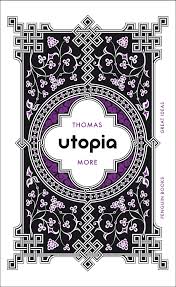 Once upon a time, there was only one Utopia, and it was Thomas More’s. First published five hundred years ago – in 1516, in Leuven, in Latin – the book of that name told of an island republic located, with deliberate vagueness on More’s part, on the far side of the world. There, reason seemingly governed all things in all but perfect harmony. Money was out; common wealth was in. There was free healthcare and rulers with a scholarly turn of mind who were nevertheless willing to devote time to agricultural labours alongside most of their fellow citizens. They would fight to defend themselves if necessary, but considered warfare an essentially bestial activity.
Once upon a time, there was only one Utopia, and it was Thomas More’s. First published five hundred years ago – in 1516, in Leuven, in Latin – the book of that name told of an island republic located, with deliberate vagueness on More’s part, on the far side of the world. There, reason seemingly governed all things in all but perfect harmony. Money was out; common wealth was in. There was free healthcare and rulers with a scholarly turn of mind who were nevertheless willing to devote time to agricultural labours alongside most of their fellow citizens. They would fight to defend themselves if necessary, but considered warfare an essentially bestial activity.
Utopia wouldn’t be the perennially fascinating work of literature it is, however, if it were merely a manifesto or a fantasy; indeed, part of its More-ishness is that the author didn’t mean that everything he described in Utopian society was necessarily desirable. For one thing, he has the whole scheme reported by a traveller called Raphael Hythloday, whose name can be read as ‘speaker of nonsense’ – or perhaps, more generously if still paradoxically, as something like ‘God heals through speaking nonsense’. And for another: the Utopians are pagans, at least until Hythloday shows up; they endorse ideas such as euthanasia and divorce that were hardly about to be embraced by the Catholic orthodoxy to which the steadfast, hair-shirted More belonged.
The whole book – of which the description of Utopia is the most significant but not the only part – can be read as a straight-faced joke or a satirically framed tract. (The name itself is More’s little joke: ‘no place’ in Greek, Utopia could also be the ‘good place’, a eu-topia.) However it is read, though, More’s religious convictions, in a time of great debates, lie at its heart. It is certainly worth reading today not only for the radical ideas More invites the reader to contemplate, but also for its attack on rampant, despotic commercialism, the artistry with which it is constructed and, even for those readers who, like me, do not count themselves as practising Christians, for its reflections on reason, virtue, how to live well and how to do right by others.
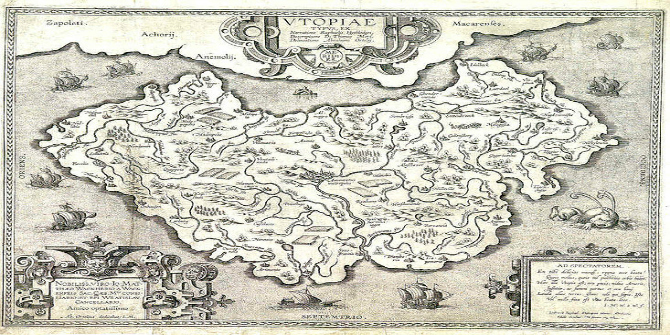 Image Credit: Abraham Ortelius’s map of Utopia circa 1595 (Wikipedia Public Domain)
Image Credit: Abraham Ortelius’s map of Utopia circa 1595 (Wikipedia Public Domain)
Trying to read More’s Utopia as a serious yet comic intervention in the intellectual and political affairs of its time might be thought of as critically responsible if nothing else – yet, in a curious way, the book has demonstrated its fertile genius over the past five centuries by the way it has drifted away from its historical moorings. The Oxford English Dictionary will tell you that we can now use the word without a capital letter to mean a ‘real place which is perceived or imagined as perfect’, a ‘written work (now especially a fictional narrative) about an ideal society, place, or state of existence’, or a ‘plan for or vision of an ideal society, place, or state of existence, especially one that is impossible to realize; a fantasy, a dream’. (Indeed, here are some unfortunate utopias that, in imagination or reality, should probably have stayed unrealised.)
Now we have utopias and their modern counterparts, dystopias, without end – an exhilarating, dizzying variety. The emergence of that negative modern antonym is telling: More’s book was a satirical thought-experiment, written in Latin for the amusement and contemplation of his fellow humanist scholars. John Stuart Mill used the term ‘dys-topian’ in the House of Commons in 1868 in response to the government’s Irish land policy: ‘It is, perhaps, too complimentary to call them Utopians . . . What is commonly called Utopian is something too good to be practicable; but what they appear to favour is too bad to be practicable.’
This linguistic drift is suggestive, and shows what a range of real-life places and literary works might now be described as utopian – hence the diversity to be covered in this year’s Space for Thought Literary Festival at LSE. Regenerating urban Detroit, putting the United Nations on trial, social change through gardening and architecture, feminist futures, optimistic and pessimistic approaches to Africa – all of this seems to come under the broad heading of utopian thinking when it is conceived of as the envisioning of a better world and (if you’re serious about that vision) getting down to the nitty-gritty of making it into a reality.
Here’s a warning from More’s Utopia, though: his Utopians are, in his terms, naturally virtuous types. They have developed ways of dealing with the odd bad apple, but on the whole they form a nation with a monastic mind-set, whose lives are organised around communal values congenial to them, and whose pleasures are simple. For More, they are on the right lines in theological terms, by believing in life after death and the immortality of the soul. It doesn’t take a LSE sociologist to tell you that things are slightly different, as More well knew, in the real world. Whose utopia is this, we might ask of some plan for an ‘ideal society’ – who is it for? Who, to take an obvious, terrifying example, thought the Third Reich would be so much better off without the Jews in it, and proceeded to exterminate them in the name of creating a better world?
Perhaps it is fortunate, given how some such schemes have turned out, that there is ‘no place’ like utopia.
Michael Caines (@michaelscaines) is an Assistant Editor of the Times Literary Supplement.
Note: This feature essay gives the views of the author, and not the position of the LSE Review of Books blog, or of the London School of Economics.



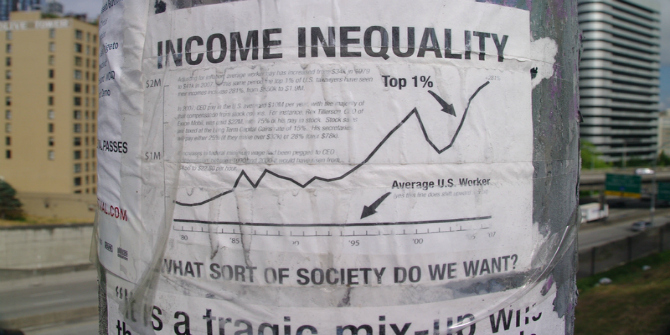
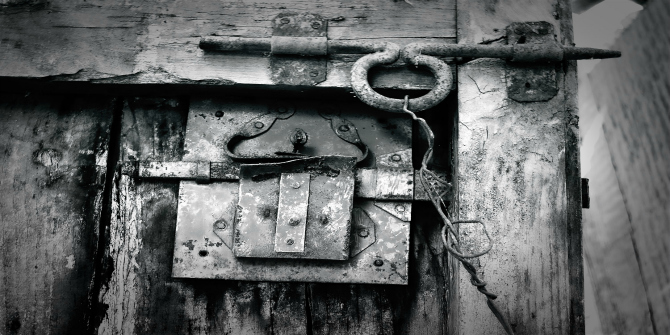
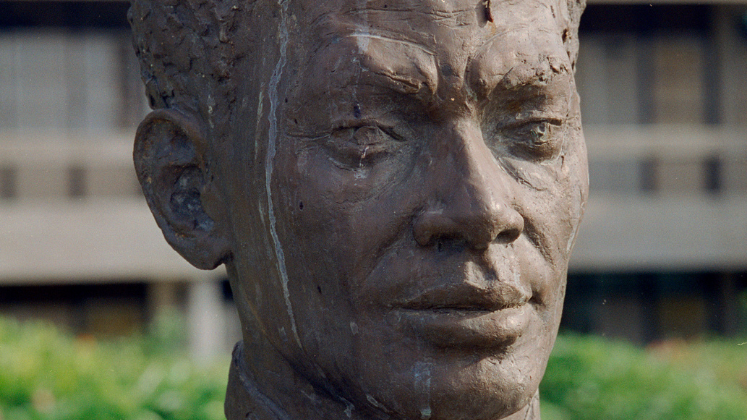
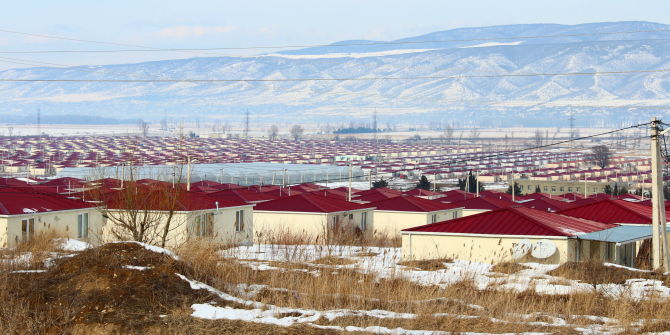

7 Comments